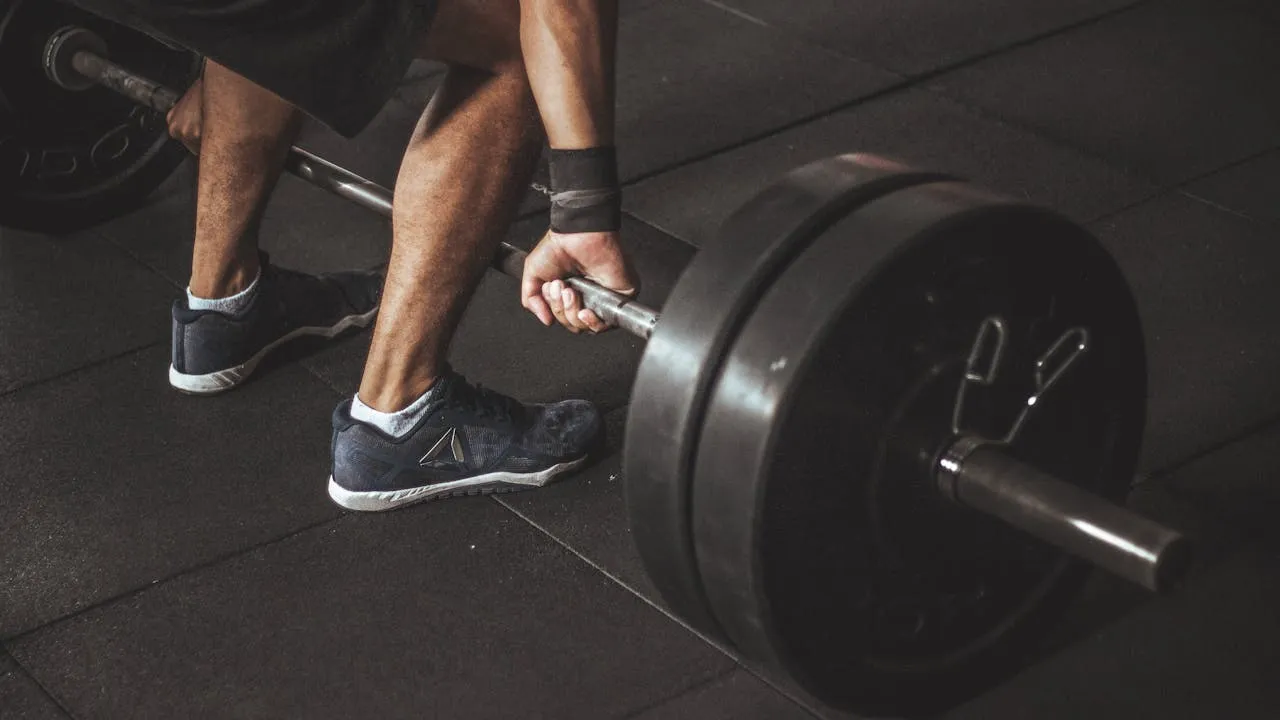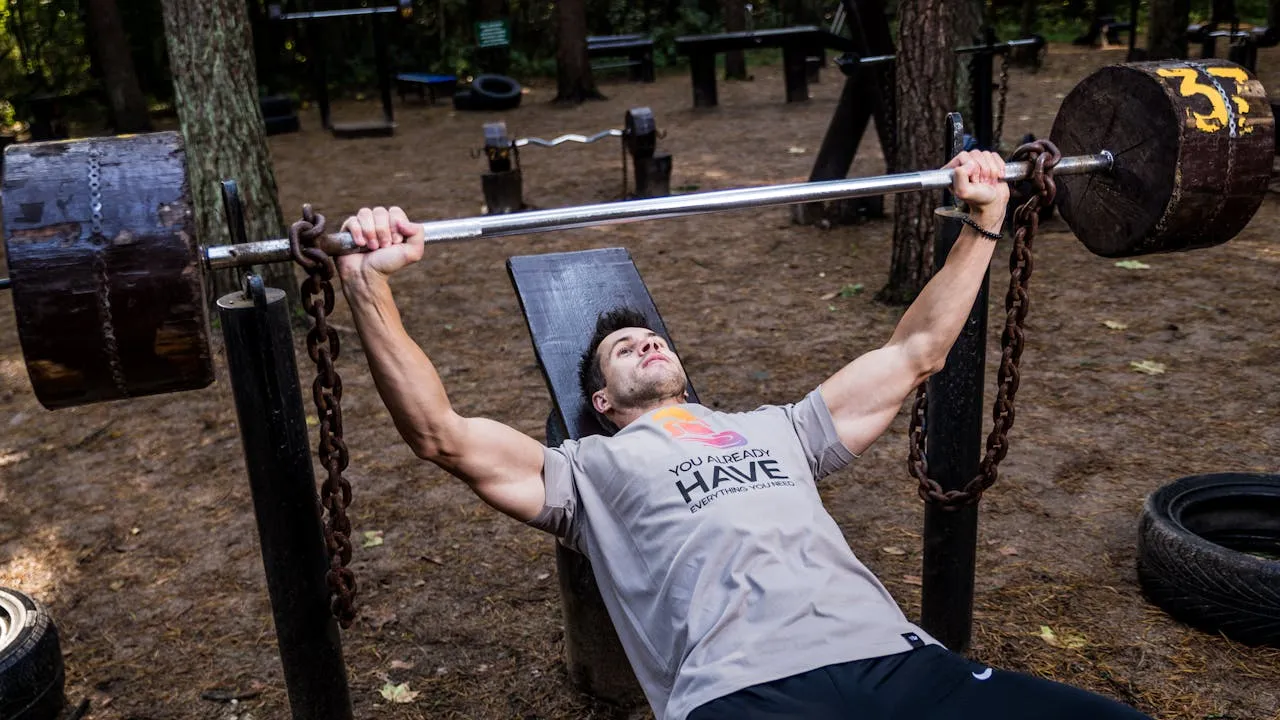In matters concerning fitness, it is good to challenge oneself but not to the extent that the body becomes damaged, which stalls progress. Muscle over-training remains one of the most worrying issues if you are overtraining your muscles. Overtraining is a situation whereby your body fails to recuperate adequately, taking considerable time in the gym to exercise. However, it is normal to sometimes pump hard, but if you are wondering if you are in an overtraining zone, then it is important to avoid long-term injuries.
Physical Symptoms to Identify If You Are Overtraining

Check Out The Life-Changing Benefits of Pranayama: Breathe Your Way to Better Health
This is actually quite difficult to quantify; however, the indications that tend to accustom themselves to overworking include constant tiredness, deterioration in performance levels, and the enduring of muscle pains that should only be temporary. Also, if you are overtraining, it will cause fluctuations in personality, sleep loss and an affected immune system. If at any time you wake up in the morning and feel soreness, pain, or even stiffness in some of your muscles, it is time to heed the body and change your training regimen. Knowing if you are overtraining is the crucial first step in attaining and maintaining a healthy regimen.
1. Understanding Overtraining:
Overtraining is a condition whereby the body is exposed to an overload in either the intensity of training, frequency of training, or the period within which training is done. During exercise, the muscles are stretched beyond their normal capacity and get slightly damaged. If you are overtraining, muscles are pulled apart at microscopic levels, and during rest, the muscles get a chance to return stronger. However, if you do not provide enough rest in between these muscular exercises, then the repair work is hampered. This is likely to cause muscle fatigue, lower performance rates and enhanced risk of injuries among the Cycling teams.
- Insufficient rest: Not taking adequate time when working out the muscles or, better still, not giving the muscles adequate rest when working out.
- High exercise intensity: If you are overtraining at a high-intensity level during each session without any form of flexibility.
- Excessive frequency: Sports, overly using some set of muscles day by day in the course of exercising.

2. Psychological Symptoms of Overtraining:
Overtraining is not only on the physical aspect of the athlete but also has an impact on the psychological well-being of an individual. If you are overtraining a muscle or a group of muscles, the body releases stress hormones such as cortisol, affecting mood, focus or motivation. Hypersensitiveness, anxiety, and depressed moods are some of the effects if you are overtraining muscles. Some of the signs include feeling less happy or motivated to work. You might find that you are lethargic. Your body, therefore, failing to rest and rejuvenate will lead to psychological strain, making you feel stressed or burnt out. This is especially true if you find yourself feeling burnt out mentally and having no interest in working out.
3. How Overtraining Affects Muscle Recovery:
Repair is important in the growth of muscle mass and growth of mass. In simple terms, if you are overtraining, it interrupts this process, making it difficult for your muscles to effectively heal and grow.
- Muscle Repair: Muscles require some amount of time to heal after a workout session. Muscle growth includes the actual synthesis of new muscle fibres, which undergo a manual process of reconstruction to replace those that were damaged during a certain exercise program. If these muscles are not given enough time to rest, then the growth of these muscles is slowed down, and the muscles take longer to heal.
- Cortisol Release: Long-term training increases cortisol, a stress hormone, in the body profusely, and this is a result of systematic overtraining. Hypertension also leads to muscle catabolism and enhanced vulnerability to injuries within the body.
- Imbalance in Recovery and Activity: The body is in a catabolic state (muscle wasting) instead of an anabolic state (muscle gain) if you persistently train your muscles without rest.

4. Preventing and Recovering from Overtraining:
- Incorporate Rest Days: Take adequate rest during the workout regime to allow some of your muscles to get time to rest and relax. Examples would be complete days of rest or physically low-impact activities such as taking a walk or practising yoga.
- Monitor Your Intensity and Frequency: Do not train the muscles for the leg and back, for example, where you want to perform sevens in a row on Leg day and another seven in a row on a back day. Train for a certain muscle group and then give the muscles a break from exercising actively so that they get enough time for regeneration.
- Pay Attention to Your Nutrition: Guarantee an intake of enough proteins, fats and carbohydrates in the diet that will enable muscles to be repaired. Also, make sure you take enough water to avoid getting a dry throat.

“How to Know” is about understanding both Carpenter’s physical and psychological signals of If you are overtraining the muscles. If a sportsperson complains of soreness, poor performance or fatigue, or even poor sleep, they could be showing signs of the body being restricted due to overtraining. By altering your training schedule and ensuring that you take time to rest, you will be in a position to dodge the perils of overtraining and continue to train effectively.
To get more of our exclusive content on Health Care and Lifestyle. Follow us on YouTube and Instagram.





